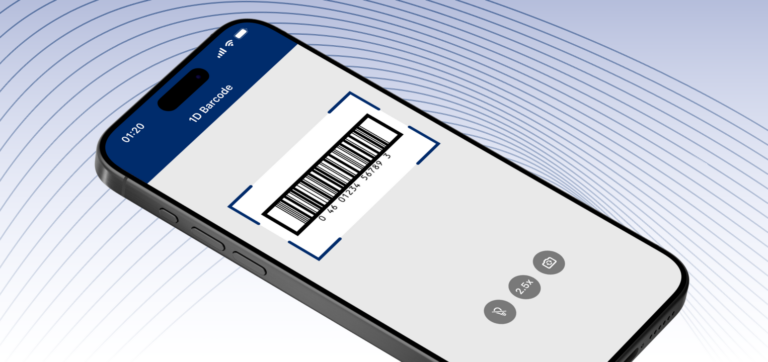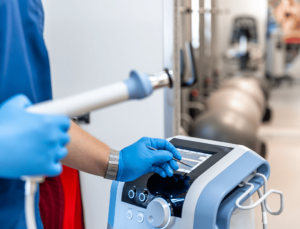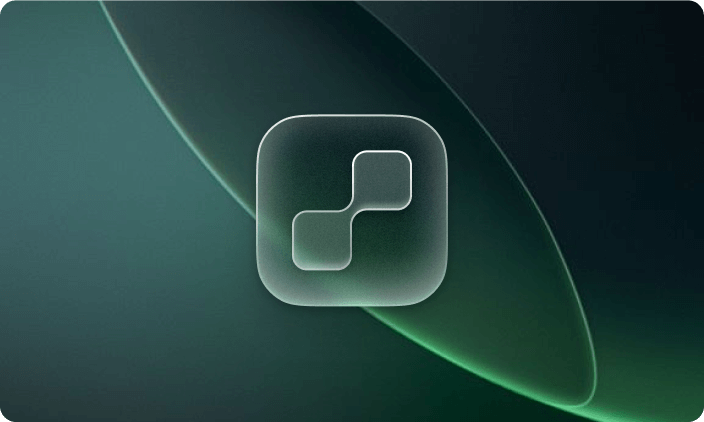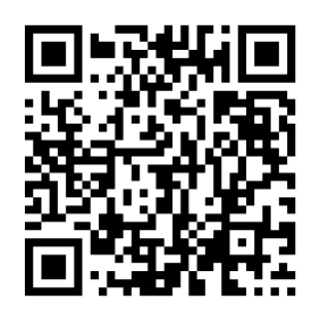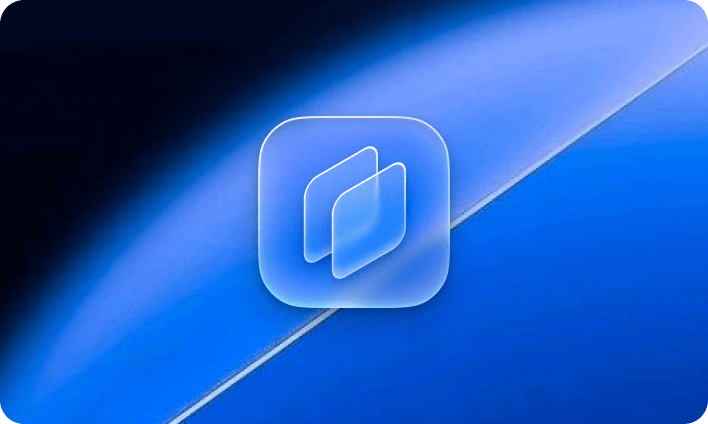The importance of barcodes in healthcare
Barcodes have become indispensable in the healthcare industry, enhancing both patient safety and operational efficiency.
By automating the tracking of medical supplies and equipment, barcodes significantly reduce human error and minimize the time taken up by manual data entry tasks. Barcoded Medication Administration (BCMA), for instance, ensures that patients receive the correct medication and treatment, directly impacting patient care quality.
Incorporating barcode technology into hospital medication and patient management systems is a strategic, cost-effective approach to addressing prevalent issues within healthcare settings.
Large-scale studies and reviews support the claim that barcoding effectively reduces errors in patient, specimen, and laboratory test identification. It has become a best practice for improving medication safety.
Consequently, the use of barcode scanning in healthcare is set to expand.
How barcodes work in healthcare settings
Barcodes are machine-readable symbols, typically in a black-and-white pattern. Generally, there are two types: one-dimensional (1D) and two-dimensional (2D) barcodes.
- 1D barcodes store data in a series of parallel bars. They are commonly seen on retail products and packaging.
- 2D barcodes encode data in pixelated patterns, vertically and horizontally. This allows them to hold more data than 1D barcodes. The best-known is the QR Code.
But how can we read the data out of these simple patterns – and how can we so quickly and accurately?
Over the years, different kinds of barcode scanners were developed for this purpose.
Traditional scanners work with a light source. They convert the reflected light (black bars absorb more than white ones) into an electrical signal, which they then interpret into digital data. Since they scan along a single line, they generally can’t scan 2D barcodes.
Modern camera-based scanners leverage image-processing and machine-learning capabilities. As a result, these scanners can reliably scan both 1D and 2D codes with advanced accuracy and speed.
Barcode scanners can be connected to healthcare systems, such as an electronic health record (EHR), enabling automated data transfer and processing – and replacing error-prone manual data entry.
Modern solutions can also scan and interpret the more complex 2D barcode standards increasingly prevalent in the healthcare industry.
Key barcodes used in healthcare
Several barcode symbologies have been widely adopted within the healthcare sector: GS1 DataMatrix, GS1-128, QR Code, and Code 39.
Their characteristics make each of them suitable for specific applications:
- GS1 Data Matrix: The preferred choice for pharmaceuticals, where it stores expiration dates, batch numbers, and serial numbers. Its compact size and high data capacity make it ideal for identifying small items, crucial in a space-constrained environment like healthcare.
- GS1-128: Widely used for patient identification bracelets and specimen labels. It can encode all 128 ASCII characters, and thus various data types found in healthcare settings.
- QR Code: Familiar from consumer applications, QR Codes also have a place in healthcare. They are used for patient information, educational resources, and even directing patients and visitors within healthcare facilities. Because they are easy to scan on any smartphone, they are an accessible option for engaging with patients and staff alike.
- Code 39: One of the oldest alphanumeric symbologies. In healthcare, Code 39 is used for labeling assets, managing inventory, and other applications where a simple, reliable code is needed. It is particularly valued for its robust readability, even when poorly printed or scanned in adverse conditions.
Key applications of barcodes in the healthcare industry: enhancing asset management and patient safety
2D barcodes are increasingly popular in the healthcare industry, thanks to their advanced data encoding capabilities. Standardized data formats such as the Unique Device Identification (UDI) for medical device tracking and the Health Industry Barcode (HIBC) are often encoded in 2D codes such as GS1 DataMatrix.
While used for a variety of operations, barcodes are often connected to positive patient identification (PPID).
Three major use cases are:
- Barcoded Medication Administration (BCMA) prevents medication errors. By scanning a barcoded wristband and the medication label before administration, caregivers ensure that the right patient receives the right treatment.
- Lab specimen labeling with barcodes reduces misidentification and associated errors which could lead to incorrect diagnoses.
- Medical device tracking: UDI codes enhance patient safety by enabling traceability and facilitating recall management in case of faulty devices. In addition, UDI improves asset management, reducing waste and operational cost.
Benefits of mobile barcode scanning in healthcare operations
Implementing barcode scanning in healthcare significantly improves efficiency, safety, and data security.
A Barcode Scanner SDK enables healthcare professionals to use smartphones or tablets for accurate and secure scanning, allowing them to directly access patient information and medical data anywhere, anytime.
At the same time, offline functionality and encryption ensure patient data privacy and compliance with stringent regulations.
Mobile barcode scanning is a showcase for the pivotal role of modern technology in patient care: It not only streamlines healthcare processes, but also reduces costs and errors.
The major benefits are:
- Reduced administrative workload
- Improved operational performance and efficiency
- Reduction of human errors in data entry and verification
- Enhanced regulatory compliance
- Cost savings through efficiency and error reduction
- Improved patient outcomes
Implementation considerations: challenges and limitations
To realize these benefits, you have to choose a suitable mobile barcode scanning solution first.
While doing so, it is important to pay attention to the following aspects:
- System integration: The solution needs to be able to communicate with existing backend systems for seamless data transfers.
- Cost: While good solutions have their cost, you can look out for some aspects. A fixed-price solution is more scalable than one that charges per user. A user-friendly interface and guidance can minimize costly staff training time.
- Data privacy: Healthcare operators handle sensitive patient data every day. The solution must be compliant with data privacy regulations such as the Health Insurance Portability and Accountability Act (HIPAA).
- Customization: The solution’s design and behavior needs to be customizable, so it can be adapted to pre-existing operational apps and workflows.
The next vital step is to test the solution – for instance with a barcode scanner demo app.
Scanbot SDK – your trusted partner for mobile barcode scanning
Adopting new technology, such as barcode scanning, is key to improving healthcare.
This is demonstrated in our partnership with The Luke Commission, which operates clinics and mobile health outreach in Eswatini. After integrating the Scanbot Barcode Scanner SDK within just two weeks, the organization was able to slash data entry times by 75%.
The SDK allows The Luke Commission’s healthcare professionals to swiftly scan barcodes on ID cards, guaranteeing accurate patient data handling. Its speed and accuracy help ensure that the right resources are allocated to the right patients at the right time.
With the help of the SDK, The Luke Commission has significantly enhanced the accuracy and efficiency of its medical services in remote areas, ensuring both correct patient care and optimal use of medical resources.
If you want to learn more about how you can integrate barcode scanning into your healthcare operations, feel free to contact our solution experts at sdk@scanbot.io.
Are there any specific SDKs or software for healthcare barcode scanning?
Yes, the Scanbot Barcode Scanner SDK is designed for healthcare barcode scanning. It reliably scans industry-specific barcodes, such as Pharmacode, and offers dedicated data parsers. In this way, your scanner app can automatically extract structured data from scanned barcodes, such as UDI, and present it in a usable format.
What are the regulatory requirements for barcode use in healthcare?
The use of barcodes in healthcare is subject to strict regulatory requirements. The most prominent ones are the FDA’s Unique Device Identification (UDI) system in the US and the European Union’s Medical Device Regulation (MDR).
How do I pick a Barcode Scanner for Healthcare?
Consider the health-care specific environment when choosing a barcode scanner: Handling sensitive patient data requires compliancy with regulations such as HIPAA; Fast-paced workflows require user-friendly solutions that scan fast and accurately.


